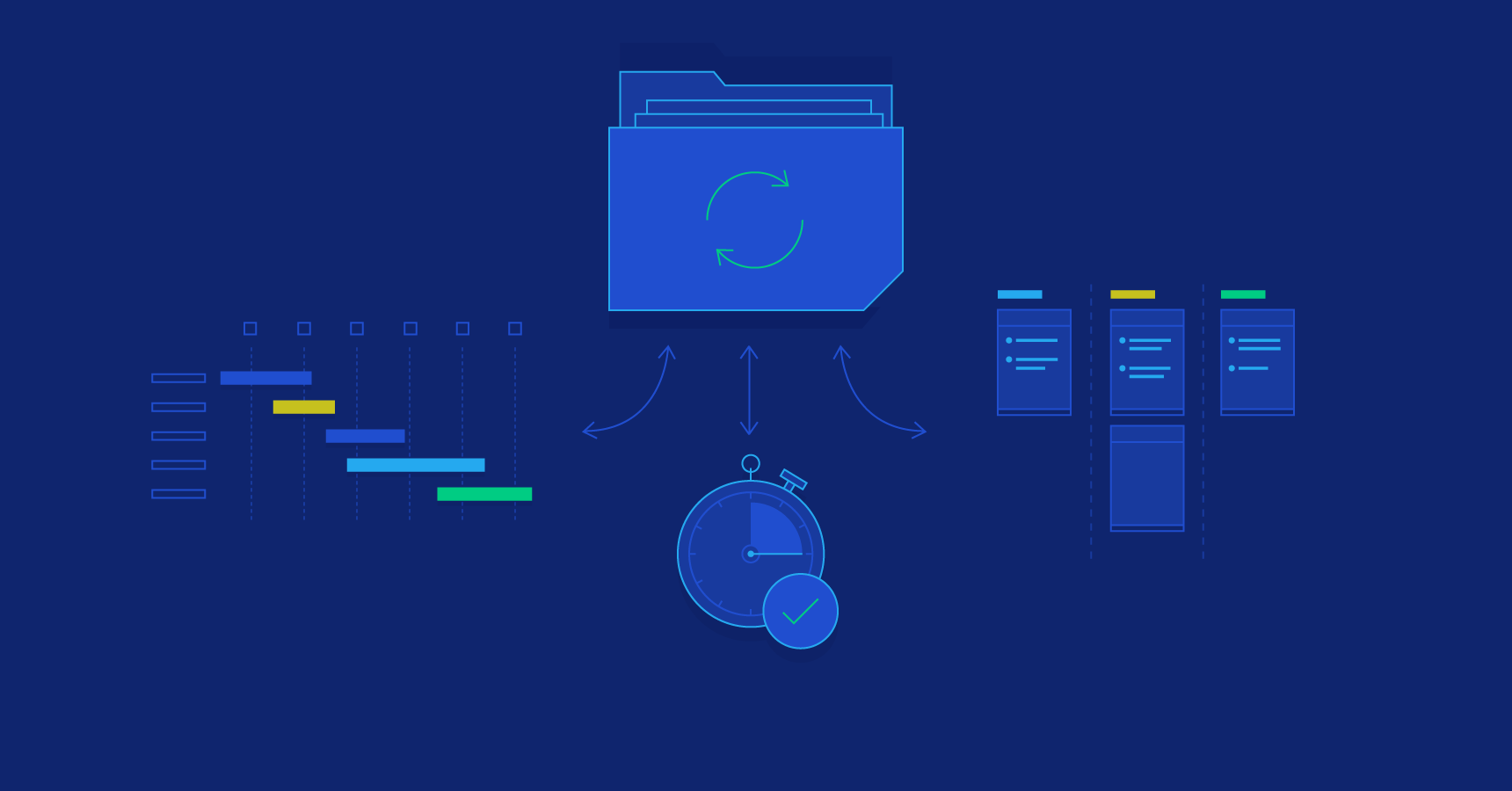Salesforce has been causing a stir in the technology sector due to its innovations and promising...
Transforming Project Managers Agile Development Certification

Agile is a software development approach that prioritizes collaboration, adaptability, and ongoing enhancement. Over the years, Agile methodologies have gained significant popularity due to their ability to empower teams to effectively address evolving requirements and deliver top-notch software with increased speed with Agile Development Certification. In this article, we will furnish you with comprehensive insights to become proficient in Agile methodologies.
Want to know more about Agile? Visit our course now.
Step 1: Understand Agile Methodologies with Agile Development Certification
Having an in-depth knowledge of Agile methodology is important before starting the journey to become an Agile specialist. Agile is not limited to a specific approach; rather, it includes a range of principles and guiding concepts that can be put into practice in different ways. Scrum, Kanban, and Lean are a few of the Agile approaches that are in common use.
Becoming an Agile expert necessitates a firm grasp of the fundamental principles of Agile, including the significance of customer collaboration, continuous delivery, and iterative development. Additionally, familiarity with various Agile methodologies and their respective merits and limitations is crucial to your journey of mastery.
Step 2: Get the Agile Development Certification
The next step is becoming an Agile expert involves obtaining certification. Various organizations provide Agile certifications, including the Agile Alliance, Scrum Alliance, and Project Management Institute (PMI). These certifications validate your comprehensive understanding of Agile methodologies and your ability to apply them in real-world scenarios.
To attain certification, you will need to participate in a training course and successfully pass an examination. The Agile Alliance offers the Certified Agile Practitioner (PMI-ACP) certification, which encompasses a wide range of Agile methodologies. The Scrum Alliance provides multiple certifications, such as the Certified Scrum Master (CSM) and the Certified Scrum Product Owner (CSPO). The PMI offers the Agile Certified Practitioner (ACP) certification, which covers both Agile and Scrum methodologies.
Step 3: Gain Experience
After acquiring your certification, the subsequent step entails acquiring practical experience in Agile methodologies. This experience can be obtained by working on Agile projects or by volunteering as an Agile coach or mentor.
During your practical experience, it is crucial to actively apply Agile methodologies and consistently enhance your skills as an Agile expert. This involves identifying areas for improvement and implementing changes to facilitate more efficient teamwork.
Step 4: Develop Soft Skills
Apart from technical expertise, proficient Agile experts also need to possess a diverse set of soft skills. These encompass communication, facilitation, conflict resolution, and leadership. A capable Agile expert should excel at effective communication with team members, facilitating meetings and events, resolving conflicts among team members, and providing leadership as required.
To cultivate these skills, it is crucial to actively pursue opportunities for practice and development. This can involve attending workshops or training sessions, volunteering for leadership positions, or actively seeking feedback from colleagues.
Step 5: Continuously Improve
Lastly, achieving success as an Agile expert necessitates a steadfast dedication to continuous improvement. This entails keeping abreast of the latest advancements in Agile methodologies, actively seeking feedback from team members, and continuously enhancing your skills and knowledge.
Attending Agile conferences or engaging in Agile user groups is one effective method of staying informed about the latest developments in Agile. These events offer valuable opportunities to learn from fellow Agile practitioners and exchange experiences.
Conclusion
To become an Agile expert, it is essential to demonstrate a dedication to learning and ongoing improvement. This involves acquiring a thorough understanding of Agile methodologies, obtaining relevant certifications, gaining practical experience, honing soft skills, and consistently seeking opportunities for growth. By following these steps and maintaining a commitment to continuous improvement, you can pave the way toward becoming a proficient and accomplished Agile expert.
Here at CourseMonster, we know how hard it may be to find the right time and funds for training. We provide effective training programs that enable you to select the training option that best meets the demands of your company.
For more information, please get in touch with one of our course advisers today or contact us at training@coursemonster.com
